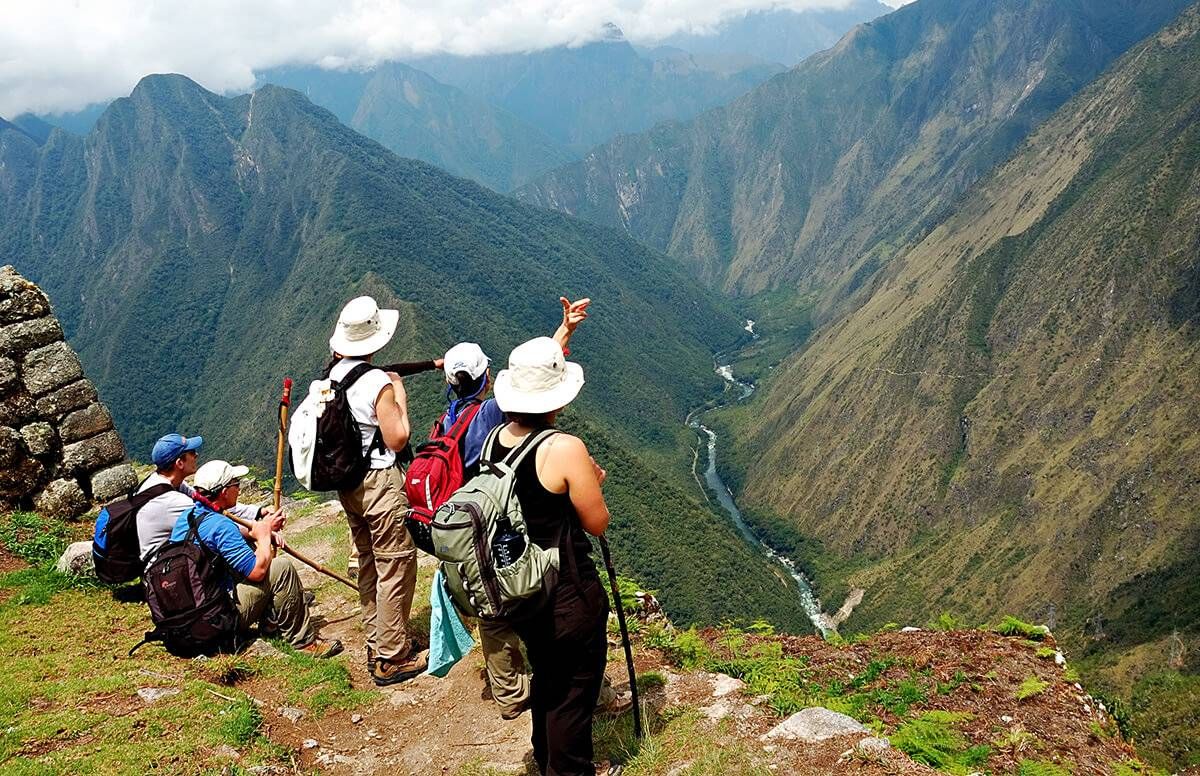How to Prepare for a Healthy Trip Abroad
Experts say: seek out country-specific information about risks and prevention
The recent stories about healthy tourists developing dangerous illnesses overseas may be enough to make you want to stay at home and sip mai tais in the safety of your living room.

There were the reports of at least eight tourists in the Dominican Republic developing fatal illnesses over the past year, for example, and the mysterious — and as yet unsolved — deaths of a young couple from Texas who became sick after eating at a restaurant in Fiji in June. But there’s no need for adventure-seeking travelers to cancel their plans, say experts in travel health.
“By and large, travel to foreign destinations is wonderful, but it does have some risks,” says Dr. Reynold Panettieri, a professor at Rutgers University who specializes in environmental health. Still, with just “a modicum of caution and awareness” of the health risks in the countries you’re visiting, you can stay healthy, he says.
Check Your Vaccinations
One of the first steps travelers should take before leaving the U.S. is to make sure they’re up to date on vaccinations, says Dr. Aaron Glatt, chief of infectious diseases at South Nassau Communities Hospital in Oceanside, N.Y.
"It's extremely important to visit your physician before you take a trip, and ask what vaccinations you need."
Health officials in Fiji had issued warnings about a particularly bad influenza season there, though they ultimately ruled out the flu virus as the cause of the Texas couple’s illness. But the virus is still a threat in many countries, Glatt says, so getting a flu shot is a simple way to reduce your risk.
It’s also wise to check that you’re up to date on your tetanus shot, which U.S. health officials recommend getting every 10 years, Glatt says.
And some travelers may need vaccinations that are not routinely given in the U.S. They include ones against yellow fever and Japanese encephalitis, which are mosquito-borne diseases. Unfortunately, there is no vaccine for the mosquito-borne Zika virus, but it can be avoided by protecting against mosquito bites.
The Centers for Disease Control and Prevention (CDC) currently recommends that travelers to several regions of Africa and South America get the yellow fever vaccine. Certain vacationers to the South Pacific and Asia may also need the Japanese encephalitis vaccine, depending on the season and duration of their travel.
You may need boosters for some of the vaccines you received as a child, too. “There are a hundred and seventy countries right now reporting cases of measles,” Glatt says. “It’s extremely important to visit your physician before you take a trip, and ask what vaccinations you need.”
Your primary care doctor can provide the vaccinations or refer you to travel clinics that can. The CDC also provides an online search tool that can direct you to travel-health specialists, as do several major insurers. Many large health care organizations have travel-health services, in which infectious disease specialists will provide consultation on vaccinations, other ways to protect yourself and country-specific information. There are also walk-in clinics, such as the CVS MinuteClinic, that provide services for travelers.
Be Aware of Your Environment
Once you make it to your destination, it’s important to be aware of environmental risks, such as pesticides. The U.S. has strict rules that restrict the use of pesticides indoors, but that’s not necessarily the case in other countries. Several tourist deaths in Thailand, for example, have been attributed to the improper use of the insecticide aluminum phosphide inside hotel rooms.
“When you go into a hotel room, open the windows and doors to let it air out and get some air circulation,” Panettieri advises.
The safest choice for hotels is to stick with the large, international chains, he adds. “Chain hotels often have standard operating procedures that are international and that offer a certain level of safety,” Panettieri notes.
Eat and Drink With Caution
Food safety is another concern for travelers overseas. Glatt recommends staying away from street vendors and other food sources that may not be equipped to follow strict hygiene standards.
It’s also a good idea to use bottled water, not just for drinking but also for brushing your teeth. “Remember that water can come from many different sources. Don’t put ice in your drinks, because then you could be drinking contaminated water that way,” Glatt adds.
Jim Allen, the CEO of the Hard Rock hotel chain, suggested in a recent interview on CNBC that bad drinking water may have been to blame for the deaths in the Dominican Republic, though health officials in that country have downplayed the risks. The U.S. embassy in the Dominican Republic says it has asked the FBI to help with toxicology testing to get to the bottom of the issue and so “U.S. citizens are safe and feel safe while in the Dominican Republic,” the embassy said in a statement.
For the most up-to-date information on all of the potential health risks in a country you’re planning to visit, check out the CDC’s Travelers’ Health pages, where you can search for information either by country or disease.
Planning ahead is the key to having a great vacation, Panettieri says. “Seek out the resources that will give you specific recommendations for the countries you’re visiting, and adhere to those,” he advises.


